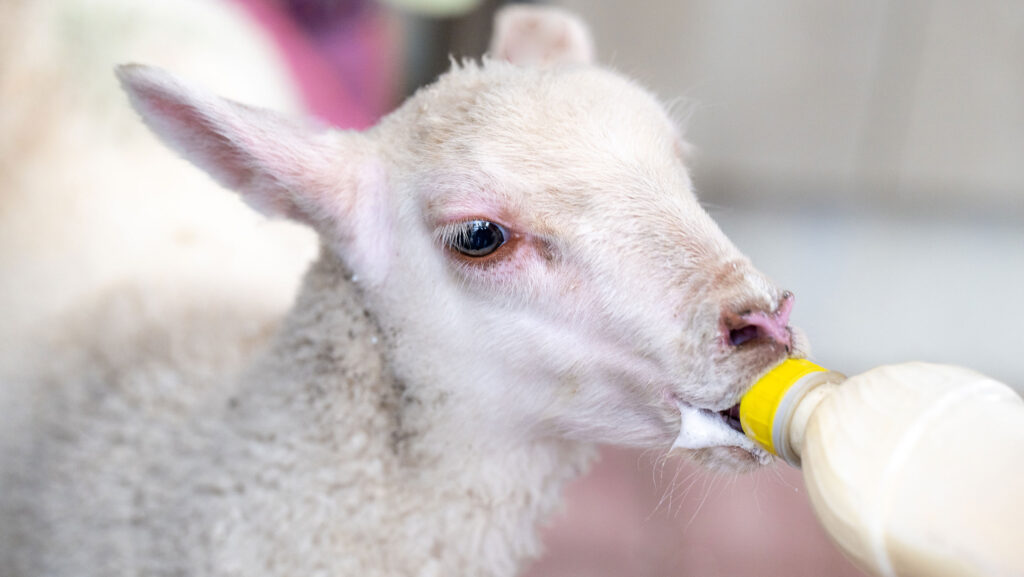Isle of Wight farmer fined after disease infects hundreds
 © Adobe Stock
© Adobe Stock A farm owner on the Isle of Wight has been fined £8,000 after more than 260 people contracted a severe illness linked to an animal feeding activity at her farm in 2023.
Sharon Wheeler, who ran Hazelgrove Farm in Ryde, pleaded guilty to breaching Section 3(2) of the Health and Safety at Work etc. Act 1974.
The outbreak of cryptosporidium – a zoonotic parasite that causes cryptosporidiosis – affected 264 visitors, more than half of which were children.
See also: Report warns UK is unprepared for major disease outbreaks
The incident occurred between April and May 2023 during an animal bottle-feeding event where visitors fed lambs and goat kids.
According to investigators from the Health and Safety Executive (HSE) and the UK Health Security Agency (UKHSA), about 2,400 tickets were sold for the activity between 4 April and 1 May 2023.
Failures were found in several areas, including inadequate handwashing facilities, poor risk assessment, lack of supervision, and insufficient information for staff and visitors.
Children were seen kissing animals that were visibly contaminated with faecal matter.
As a result, 264 attendees developed symptoms, with 5% requiring hospital admission.
Psychological toll
District Judge Galloway, summarising victim statements, said: “There is no doubt that the events to which they refer are and were serious,” noting the “psychological toll experienced, and PTSD” and describing “the fact that the illness was life threatening” and “the fear that a child affected would not recover”.
Many victims described it as “the worst diarrhoea and vomiting they had ever had”.
The outbreak led to 1,254 lost days from work and school, and several people have continued to suffer gastrointestinal issues.
Following the court hearing at Southampton Magistrates’ Court on 11 November, HSE inspector Francesca Arnold said: “It is extremely important that farmers understand the risks on their farm.
“And they should ensure that visitors are protected when inviting the public onto their farms.
“As with most activities, visits to farms and farm attractions can never be considered free from risk.
“However, it is possible to reduce the levels of risk by implementing control measures and safe practices to ensure that workers and members of the public are not put at risk and still provide a valuable and enjoyable recreational and educational experience.”
